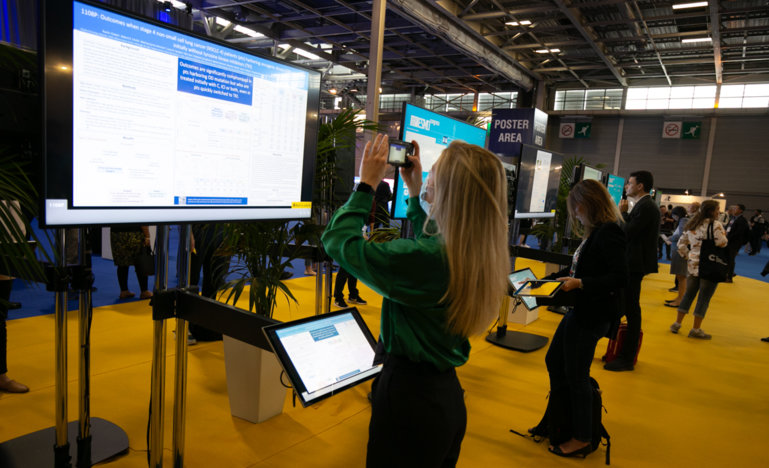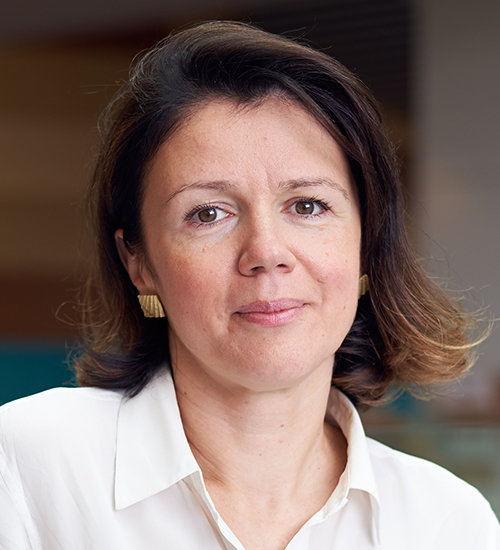
Rare cancers in Asia – the value of registry data in low-resourced settings
While some challenges associated with rare cancers are similar in Europe and Asia, resources and differing epidemiology need to be considered when coming up with solutions

While some challenges associated with rare cancers are similar in Europe and Asia, resources and differing epidemiology need to be considered when coming up with solutions

Results from a pilot study show that work–family balance is the biggest challenge to career progression for young women

Many studies presented at ESMO Congress 2022 show the potential of artificial intelligence to enhance personalised oncology

Despite the promises shown by some innovative technologies in the studies presented, they will not replace existing diagnostic modalities soon

A study presented at ESMO Congress 2022 highlights the need to identify predictors of anticancer drug toxicity as more complex treatments become available

AI technology is being tested across tumour types and with different purposes, with an emerging trend for adding value to whole slide image analyses for HER2 status

While local and regional initiatives address some major barriers, global efforts are needed to make molecularly guided options accessible to all patients.

In the post-COVID-19 era, there is a need to evaluate the quality, safety and effectiveness of telehealth to deliver cancer care says ESMO Keynote Lecturer Dr Deborah Schrag

Finding the best treatment strategy for patient subpopulations and adequate funding are key to further advancing the field, says ESMO Award 2022 recipient Prof. Karim Fizazi

However, according to the winner of the ESMO Award for Translational Research 2022, Dr Samra Turajlic, results will only be achieved through a collaborative effort of the oncology community
This site uses cookies. Some of these cookies are essential, while others help us improve your experience by providing insights into how the site is being used.
For more detailed information on the cookies we use, please check our Privacy Policy.
Necessary cookies enable core functionality. The website cannot function properly without these cookies, and you can only disable them by changing your browser preferences.